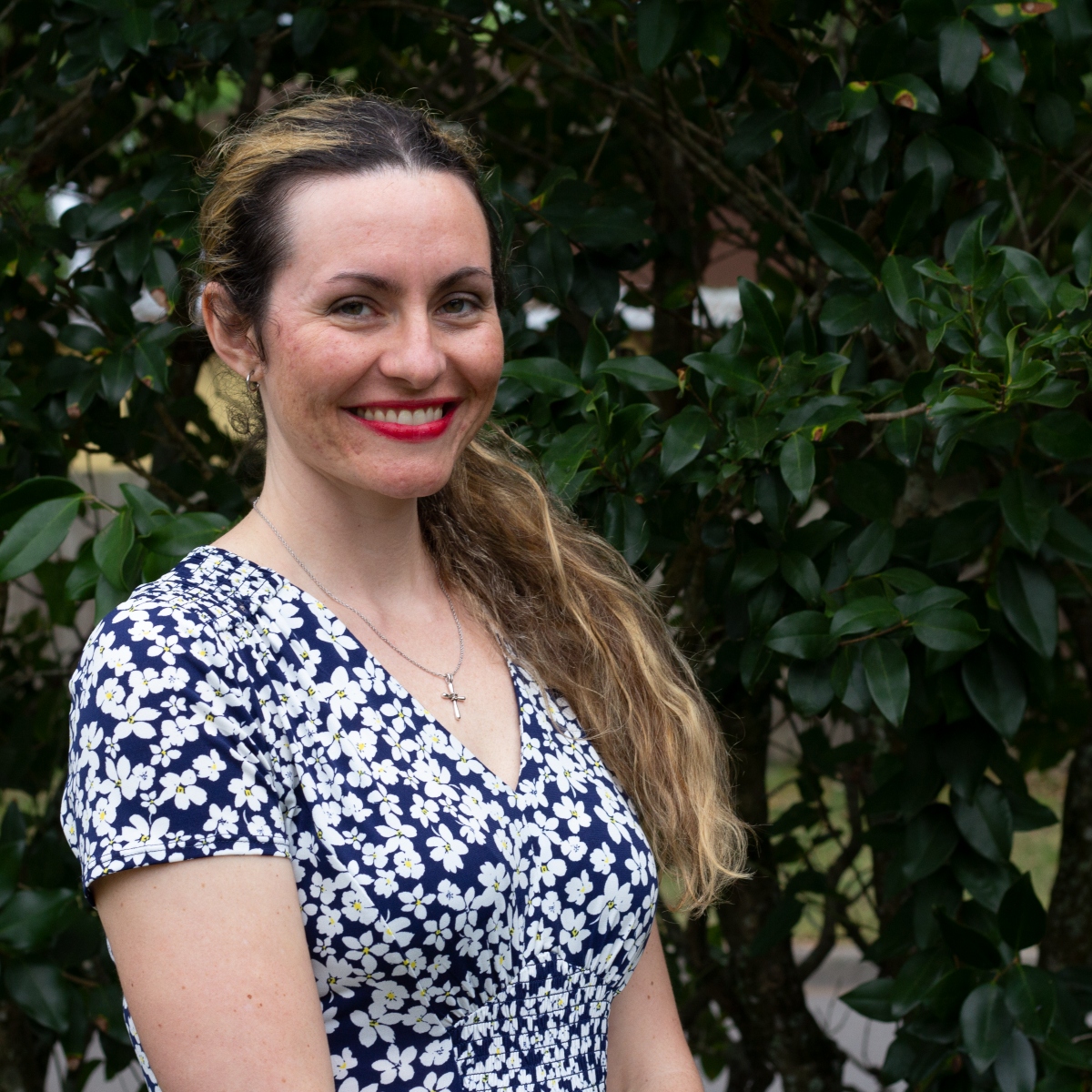Who Is Mephibosheth and What Does His Life Teach Us about Unexpected Blessings?
Share

Sometimes when you see a name featured in the Bible, you can automatically picture that person and remember the story that accompanies them. But when you see the name, “Mephibosheth,” probably your response is “Who?”
Briefly appearing in 2 Samuel, Mephibosheth is the disabled son of Jonathan, the son of Saul. Jonathan was King David’s best friend, and defended him when Saul wanted to kill him. Upon his death in battle, King David made a vow that he would care for the needs of Jonathan’s family in thanks for his friendship.
There are actually two Mephibosheths mentioned in the Bible. The other is an actual son of Saul by a concubine who was killed by the Gibeonites as an act of defiance against the late Saul (2 Sam. 21:8-10).
But the story of Jonathan’s son Mephibosheth is one to be remembered for how King David honored a man he called a friend, even after his death, by caring for the needs of his disabled son. It’s also a reminder that when you least expect a blessing or miracle in life, that is when God ushers one in for you!
What’s Mephibosheth’s Story?
Mephibosheth, which means “dispeller of shame” in Hebrew, was the son of Jonathan, who was the son of Saul and best friend to King David. Jonathan was beloved by David for not only the commonality they shared, but also because of Jonathan’s defense of David, which almost resulted in Saul killing him with a spear.
When Jonathan and his father died in battle at Mount Gilboa, David wanted to show kindness to their family for his friendship with Jonathan. He also felt led to bless others because of all the blessings of battle conquests that God had provided him (2 Sam. 7-8).
David had requested the help of a servant, Ziba, from the house of Saul, for assistance in finding a relative of Jonathan and Saul to help, to which he was told about Mephibosheth.
Now Mephibosheth had a difficult childhood early on. With the news of his father and grandfather’s passing, young Mephibosheth was taken away from his home in Gilbeah by his nurse, probably to avoid retaliation from enemies. Unfortunately, in the process of escaping, he was accidentally thrown to the ground and his feet were permanently maimed.
In that time period, people with severe injuries or disabilities weren’t proudly shown or welcomed, especially if they were of royalty. So Mephibosheth was probably hidden away to ensure his safety from David and because it was considered better not to recognize disabilities connected to well-known authority figures.
David made it a point to meet with Mephibosheth at once and sent for him to be taken from where he was staying. Mephibosheth went from the house of Machir, the son of Ammiel, in Lo Debar, and was brought to David (2 Sam. 9:4).
King David and Mephibosheth’s Complicated Relationship
When the new king and former enemy of your grandfather requests your presence before him, chances are it’s not for anything good. You can guess what Mephibosheth must have been feeling: fear. He had already gone through so much in his life due to his childhood injury and losing his father and grandfather at a young age, so he wasn’t hopeful for this meeting ahead.
Yet the complete opposite happened. Mephibosheth fell down in front of David in surrender and humility, but the king advised him not to fear; that he was not only to be given the land Saul owned, but that he was to be a permanent guest at David’s table. This was all to honor David’s friendship with Jonathan (2 Sam. 9:7).
He didn’t end there, as David also requested that Ziba and his sons care for the newly restored land given back to Mephibosheth, while Mephibosheth would continue to eat bread at David’s table. This probably included Mephibosheth’s own son, Micha, as well (2 Sam. 9:10, 12).
To say Mephibosheth was shocked would be an understatement. But more he was probably curious about why David would show such favor to not only a former enemy’s son, but one who couldn’t give anything back to him due to his disability. He even referred to himself as a “dead dog” when questioning the king on why he would look so fondly upon him (2 Sam. 9:8).
This was how their relationship continued, with Mephibosheth living well in Jerusalem at the king’s table, until sometime later when David requested his presence after being away for a while. Mephibosheth was homely and dirty at their meeting, having not cared for himself since David left (2 Sam. 19:24).
When David asked why Mephibosheth didn’t come with him, Mephibosheth instead launched into an accusation about his servant Ziba, who said that Mephibosheth had slandered David’s name in his absence.
Ziba advised David that Mephibosheth was seeking to restore his grandfather’s land back to himself, so that he would become king of the land instead of David. This was while David was in hiding from enemies in Jerusalem (2 Sam. 15:14; 16:1-3).
David had given Ziba Mephibosheth’s land for revealing this truth to him, but this created animosity between Ziba and Mephibosheth. Mephibosheth lost favor with David as well (2 Sam. 16:4). All that is recorded of Mephibosheth in the Bible after this incident is that David saved him again from being executed by the Gibeonites who wanted to kill everyone connected to Saul (2 Sam. 21:7).

Photo credit: Unsplash/Matthew Henry
What Lessons Can We Learn from Mephibosheth in the Bible?
Even though his story doesn’t end on an uplifting note, the legacy of Mephibosheth reminds us about the benevolence of others and being appreciative and respectful of blessings you’ve been given.
We learned that God uses people to bless others who feel forgotten, as David was used by God to bless Mephibosheth when he was least expecting it from a former enemy. This is because if people are truly engaged with God, when led to make unbelievable choices like what David did for Mephibosheth, it is not shocking but meant for a higher purpose instead.
We also learn the value of not following the footsteps of the wrong mentor, as Mephibosheth unfortunately did when he tried to claim the kingdom of his father while David was held in Jerusalem and was then later on the run (2 Sam. 16:3). Even though we can’t help who we are related to, we can make the choice not to follow in the bad decisions of our loved ones and take the stand to do what is right instead.
Mephibosheth should have remembered all that David did for him when he didn’t have anything, and instead want to help his disgraced king instead of seeing it as an opportunity to reclaim power.
Finally, we learn that even when someone has wronged you, as Mephibosheth did to David, a promise of helping another is always a promise. Though he had Ziba and Mephibosheth divide the land between them because of Mephibosheth’s disobedience, David continued to protect Mephibosheth against sworn enemies and he still remained a guest at the king’s table.
Blessings Come from Unexpected Places
The story of Mephibosheth is one that shows the blessings and struggles that can come from helping a former enemy. King David wanted to help the son of his best friend Jonathan as a thank-you for his friendship, but later discovered his son didn’t have the caring spirit that his late friend once had.
However, even though he found that the maimed man he took care of basically stabbed him in the back, he remained faithful to his promise to God and to Mephibosheth that he would protect him and provide for his needs for the rest of his life.
The story of Mephibosheth is to show readers that blessings from God can come from the most unexpected of people, even past or former enemies. And with blessings we are given, it is understood that we are to show kindness in return to those who helped us, for we never know when God will position us as the vessels of blessing for them.
Photo credit: ©Getty Images/Lucky Business
